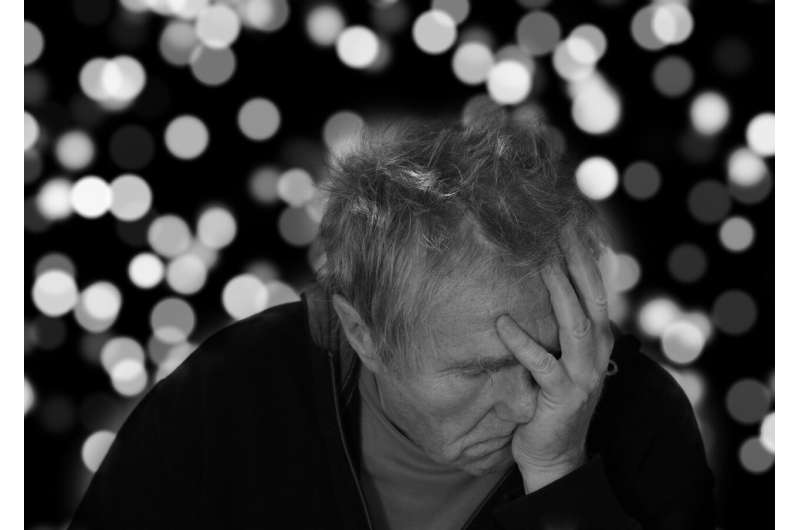Childbirth and Mental Health: Increased Risks of Depression and Psychosis with Reduced Suicide Attempts

New research reveals increased risks of depression and psychosis postpartum, alongside a surprising decrease in maternal suicide attempts. Early screening and support are crucial for maternal mental health.
Recent studies conducted by researchers at Karolinska Institutet highlight complex mental health patterns in women related to childbirth. Data from Swedish national registers encompassing nearly 1.8 million pregnancies between 2003 and 2019 reveal that women experience higher rates of depression and psychosis following childbirth, particularly within the first few weeks postpartum. Notably, the risk for depression increases by approximately 20% during weeks five to fifteen after delivery, while psychosis risk can be up to seven times higher within the first 20 weeks postpartum.
Interestingly, despite these heightened risks of certain psychiatric conditions after childbirth, the incidence of suicide attempts among mothers actually decreases during pregnancy and in the postpartum period. Conversely, fathers show a temporary reduction in suicidal behavior immediately after childbirth, with risks rising again later. These findings suggest that maternal mental health requires close monitoring and early intervention, especially since routine screening introduced in 2020 has been effective in identifying mental health issues earlier.
The biological and psychosocial changes during pregnancy and postpartum contribute to these varying mental health outcomes. Enhanced screening protocols have facilitated earlier diagnoses of depression, potentially reducing the suffering caused by delayed treatment. Additionally, the studies emphasize that lifestyle changes, biological shifts, and increased healthcare contact during pregnancy may lower the risk of anxiety, substance abuse, and stress-related disorders during this period.
Overall, these insights underscore the importance of comprehensive mental health support for new mothers and fathers alike. Regular mental health assessments during and after pregnancy are vital to identify individuals at risk and provide timely assistance to prevent severe outcomes, including suicide. Implementing robust support systems and screening guidelines can significantly improve maternal and paternal mental health outcomes in the perinatal period.
Source: https://medicalxpress.com/news/2025-09-childbirth-linked-depression-psychosis-suicide.html
Stay Updated with Mia's Feed
Get the latest health & wellness insights delivered straight to your inbox.
Related Articles
Understanding Cultural Perspectives on Living with Dementia
A new report explores how societal narratives influence the experiences of those living with dementia and emphasizes the importance of inclusive, respectful perspectives to improve care and societal support.
Uncovering the Complex Roots of Disordered Eating in College Students
A new study uncovers the diverse and complex nature of disordered eating among college students, emphasizing personalized mental health support and interventions.



